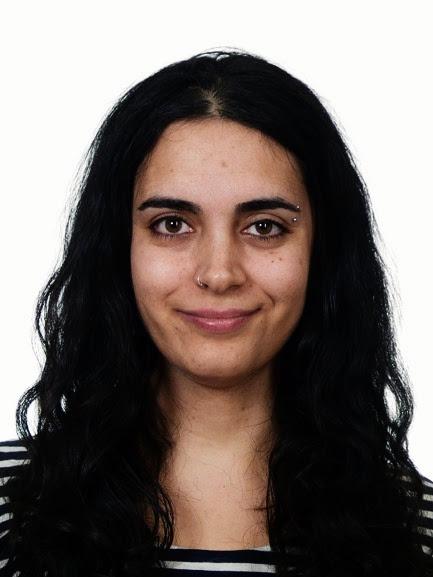On 9 October 2025, Latvia passed the Dievturi Community Law. The legislation formally recognises Dievturība as a registered religious organisation. The new legal status allows Dievturi priests to officiate marriages and provide spiritual services in military and educational settings.
This marks the first time a European Union state has enshrined its own pre-Christian, native religious tradition in law with this degree of institutional access. While Iceland recognised Ásatrúarfélagið in 1973 and other countries tolerate or register similar groups, Latvia’s move represents a significant step for Baltic spiritual heritage within the EU framework.
For Latvia's small Dievturi community, estimated at fewer than 1,000 adherents, this represents not just recognition but survival.
Faith Older Than Christianity
Dievturība is based on ancient Baltic mythology, revived in the 20th century during Latvia’s independence movement. Rooted in natural cycles, ancestral respect, and polytheistic ritual, the tradition was suppressed during Soviet rule. It was only legalised after 1991.
Practices include celebrating solstices, sacred singing (dainas), and honouring deities such as Dievs, Laima, and Māra. The faith places strong emphasis on harmony with nature and community life.
Some scholars describe it as a philosophical tradition with spiritual rituals rather than an organised religion in the Western sense. Today, Latvia’s parliament has acknowledged it as part of the nation’s cultural and spiritual identity.
Europe’s Religious Landscape Widens
Most European countries still define religion through Christian or secular frameworks. Groups like Lithuania’s Romuva or Norway’s Ásatruarfélagið have long campaigned for equal rights.
The path has been difficult. Lithuania’s parliament repeatedly denied Romuva legal recognition, prompting a 2021 ruling by the European Court of Human Rights that found Lithuania had violated religious freedom.
After years of resistance, Lithuania finally granted Romuva state recognition in December 2024 following a change in government. Latvia's decision just ten months later suggests a broader shift may be underway across the Baltic region.
These movements challenge a quiet assumption that Europe’s religious history begins with Christianity. In truth, the continent’s spiritual roots are older and far more varied. Local traditions influenced regional identity, architecture, festivals, and folklore.
Recognising them today is not a call to return to the past. It is a step towards acknowledging the diversity that shaped Europe long before it was called Europe.
Memory, Heritage and Freedom
Latvia’s decision also touches on broader conversations across Europe and the Middle East.
In Morocco and Algeria, indigenous Amazigh cultures continue to reclaim pre-Islamic elements. In Iraq, Yazidi traditions persevere despite persecution. In Egypt, Coptic practices combine Christian and ancient pharaonic customs.
In all these cases, heritage and belief intersect with law, identity, and memory. What counts as religion is often filtered through state narratives that favour monotheistic or codified systems. Yet older forms of spirituality survive in song, ritual, and local memory.
By passing the Dievturi Community Law, Latvia opens space for a more inclusive definition of belief in modern democracies. This approach respects both freedom of religion and the value of cultural continuity.
Whether or not other states follow, this quiet legal step marks a significant cultural shift. Europe begins to see its oldest spiritual roots not as forgotten myths but as living traditions worthy of respect.
Keep up with Daily Euro Times for more updates!
Read also:
We’re Breaking Free: Baltic Energy Independence in 2025
Truth, Not Trend: Vatican Digitalises Missionaries to Counter AI Slop
EU-NATO: Brussels Summit and New Baltic Security






